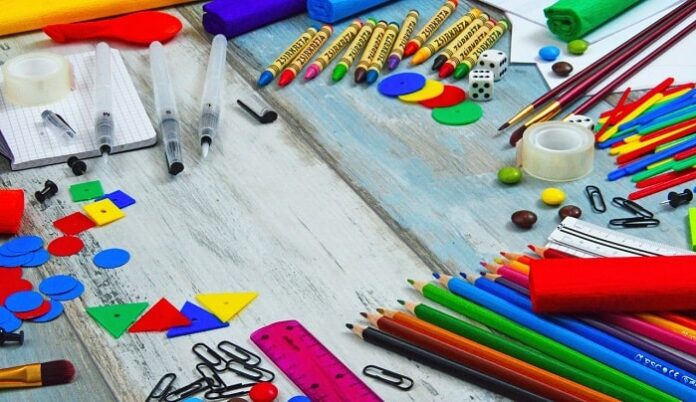In today’s complex world, the ability to think critically, reason logically, and analyze issues are essential lifelong skills. Parents play a pivotal role in nurturing these competencies starting in early childhood.
By encouraging inquisitiveness, applying sensible discipline, promoting problem-solving, and exposing kids to diverse viewpoints, parents can help strengthen their logical reasoning capabilities. Consistently honing these skills builds a foundation for making wise, thoughtful decisions.
Ask Open-Ended Questions
Inquisitiveness fuels cognitive development. Engage kids in conversations daily, asking open-ended questions that avoid one-word answers. Appeal to their natural curiosity about how things work and why things happen.
Questions like “What do you think?” or “Why is that?” encourage kids to think through explanations and articulate opinions using logical reasoning. Active listening demonstrates valuing their perspective.
Allow Making Mistakes
Mistakes inspire important lessons when handled positively by not harshly criticizing failures. Guide kids through understanding where errors occurred in their reasoning and how they can learn from the experience.
Remind them that mistakes help the brain grow. Emphasize effort rather than outcomes. Resilience and critical thinking abilities are cultivated when failures are seen as learning experiences.
Promote Independent Problem Solving
When kids encounter problems, avoid immediately solving issues for them. Nudge them to think through solutions themselves first.
Ask, “What could you try on your own?”
When they get stuck, talk through options and allow them to attempt different solutions. Even if their approach fails, the exercise of assessing a problem systematically trains critical thinking abilities. Independence and confidence grow through experience.
Read Books That Inspire Imagination
Exposure to new ideas, cultures, and ways of thinking expands imagination and cognitive skills. Read fiction books together featuring unique characters that encourage kids to see different perspectives. Discuss thought-provoking scenarios from stories.
Prompt them to imagine alternatives and predict outcomes. Letting their mind journey builds reasoning talents.
Play Logic Games and Puzzles
Puzzles, blocks, matching games, and memory challenges exercising the brain’s reasoning powerhouse boost abilities over time. Mastering game rules requires focused logical thinking. Jigsaw puzzles aid spatial relations skills.
Building blocks and modeling clay promote mathematical thinking. Card and board games teach strategic decision-making through scenarios. Keep a range of engaging games available.
Enroll In STEM Programs
Science, technology, engineering, and math programs nurture analytical skills through hands-on instruction exploring how things work.
Activities teach the scientific method, hypothesis testing, materials engineering, computer coding, and mathematical logic – all helping strengthen cognitive aptitude and systematic thinking. Many schools and institutes like Washington’s McCain Institute offer enriching STEM and other programs.
Avoid Overscheduling Kids
While structured activities have merits, overloading kids with a packed schedule of academics and extracurriculars can be counterproductive.
Ensure sufficient unstructured time for free play, daydreaming, and creativity so active minds can wander freely. Allowing thinking without defined “right answers” bolsters imagination and reasoning abilities that rigid schedules can sometimes restrict.
Explain Reasoning Behind Rules
When expectations and discipline are needed, clearly explain the rationale behind directives to reinforce why certain behaviors are beneficial or unsafe.
“Because I said so” fails to convey logical motives. Tying rules and consequences to logical bases helps kids see how reasoned thinking guides decisions for health, safety, and consideration.
Discuss Current Events Age-Appropriately
Instruct kids through example by deliberating current events together respectfully. Discuss what factors may be involved, who is affected, and how challenges could potentially be resolved.
Weigh the pros and cons of approaches and encourage considering other angles. Model open-minded, thoughtful discourse that resists assumptions. Exercising fair judgment is a learned skill.
Foster Diverse Friendships
Encourage kids to form friendships across cultures, backgrounds, perspectives, and experiences to appreciate diversity.
Exposure to different viewpoints, traditions, and interests expands thinking by revealing that varied outlooks have validity beyond their own. Kids learn to recognize biases, think flexibly, and find common ground through varied peer interactions.


